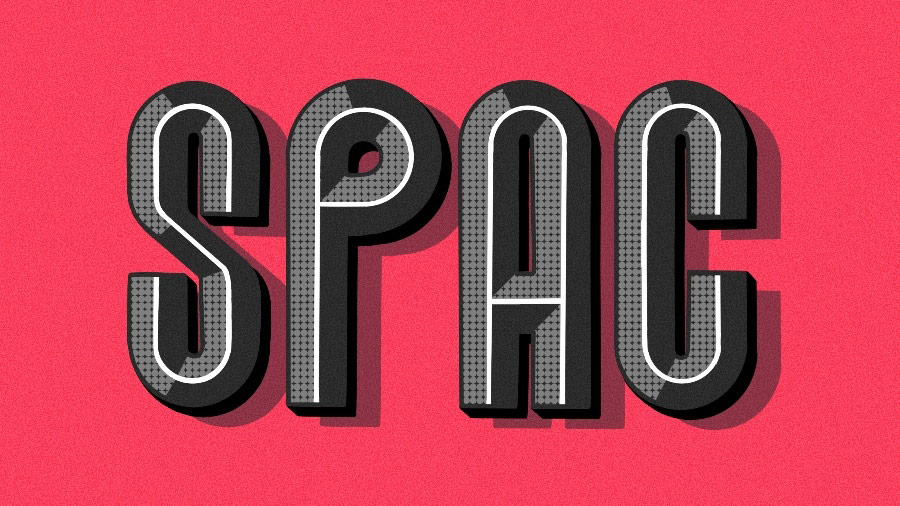The Enhanced Games, a groundbreaking Olympics-style event that embraces performance-enhancing drugs under medical supervision, is reportedly in advanced talks to go public through a merger with A Paradise Acquisition Corp., a special purpose acquisition company (SPAC), in a deal valuing the company at $1.2 billion.
Backed by influential billionaire investor Peter Thiel, the Enhanced Games aims to redefine competitive sports by allowing athletes to use enhancements while prioritizing safety and autonomy, positioning itself as a controversial yet innovative disruptor in the global sports industry.
The Vision Behind Enhanced Games
Unlike traditional sporting events that ban performance-enhancing substances, the Enhanced Games promotes a transparent approach where athletes can choose to compete enhanced or naturally, with strict clinical oversight to ensure health and fairness.
This bold vision has sparked intense debate, with critics arguing it undermines the spirit of sports, while supporters see it as a progressive step toward embracing human potential and scientific advancement.
Historical Context of Performance Enhancement in Sports
Performance-enhancing drugs have long been a contentious issue in sports history, with high-profile scandals like the 1988 Ben Johnson doping case at the Olympics highlighting the challenges of maintaining a level playing field.
The Enhanced Games seeks to flip this narrative by creating a platform where such enhancements are not only allowed but regulated, potentially setting a precedent for how sports could evolve in the face of biotechnological progress.
Impact on the Sports Industry
The proposed SPAC merger, as reported by sources like Bloomberg, could inject significant capital into the Enhanced Games, enabling it to scale operations and host its inaugural event at Resorts World in Las Vegas over Memorial Day Weekend 2026.
This event, promising million-dollar prizes, is expected to draw global attention, potentially challenging established competitions like the Olympics by offering a spectacle that blends entertainment, technology, and raw human performance.
However, legal and cultural barriers remain, as many countries and sporting bodies may resist recognizing or sanctioning events that permit enhancements, posing risks to the company’s long-term viability.
Future Prospects and Challenges
Looking ahead, the success of Enhanced Games will hinge on public perception and its ability to balance innovation with ethical concerns, a tightrope walk in a post-pandemic world hungry for novel entertainment but wary of controversy.
With an integrated marketing campaign set to launch in December, as noted in industry reports, the company aims to build buzz through athletic storytelling and educational content, hoping to reshape narratives around enhancement in sports.
As the SPAC merger progresses, the Enhanced Games could either become a game-changer in sports or a cautionary tale of overreaching ambition, with its $1.2 billion valuation reflecting both high risk and high reward.


 Alfred Lee
Alfred Lee




